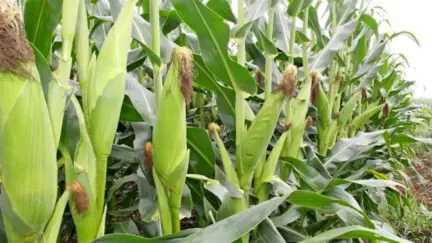Zambia Among Southern African Nations Removed from UN Hunger Hotspot List as Harvests Rebound
Southern Africa is showing encouraging signs of recovery from the devastating effects of the 2023/24 El Niño season, with countries like Mozambique, Zambia, Malawi, Zimbabwe, and Lesotho officially removed from the United Nations’ Hunger Hotspot list, thanks to improved harvests and favorable weather.
According to a new semi-annual report by the UN’s World Food Programme (WFP) and the Food and Agriculture Organization (FAO), better climatic conditions across much of East and Southern Africa have contributed to a significant easing of food insecurity, though the agencies caution that gains remain fragile.
“El Niño’s grip has loosened, and we are seeing the impact in the fields,” the report said. “In countries like Zambia and Mozambique, staple crop yields have surged compared to last season, blunting the worst of the hunger crisis.”
Zambia, in particular, is expected to reap over 3.6 million tonnes of maize this year—more than double the previous year’s drought-hit output of 1.5 million tonnes. South Africa, too, has recorded a 14% increase in its maize crop, contributing to a 13% drop in white maize futures prices, which could bring welcome relief to lower-income households.
Mozambique and its neighbors had seen tens of millions of people in need of urgent food aid just months ago, after the El Niño-induced drought devastated crops and livelihoods. That crisis now appears to be easing, though the FAO and WFP warn that any resurgence of climate shocks or funding gaps could quickly reverse the progress.
As of June, Ethiopia, Kenya, Lebanon, Lesotho, Malawi, Mozambique, Namibia, Niger, Zambia, and Zimbabwe have been removed from the high-alert list, while the Democratic Republic of Congo has returned due to worsening conflict and food insecurity.
Despite the improvement, the UN emphasizes that structural challenges—poverty, inequality, and underdevelopment—continue to leave the region vulnerable.
Meanwhile, other global hotspots, including Sudan, Palestine, South Sudan, Haiti, and Mali, remain at the highest level of concern, facing catastrophic food insecurity driven by conflict and economic collapse.
While southern Africa breathes a cautious sigh of relief, experts say climate volatility, linked to fossil fuel-driven global warming, means governments and development partners must strengthen resilience to future shocks.



